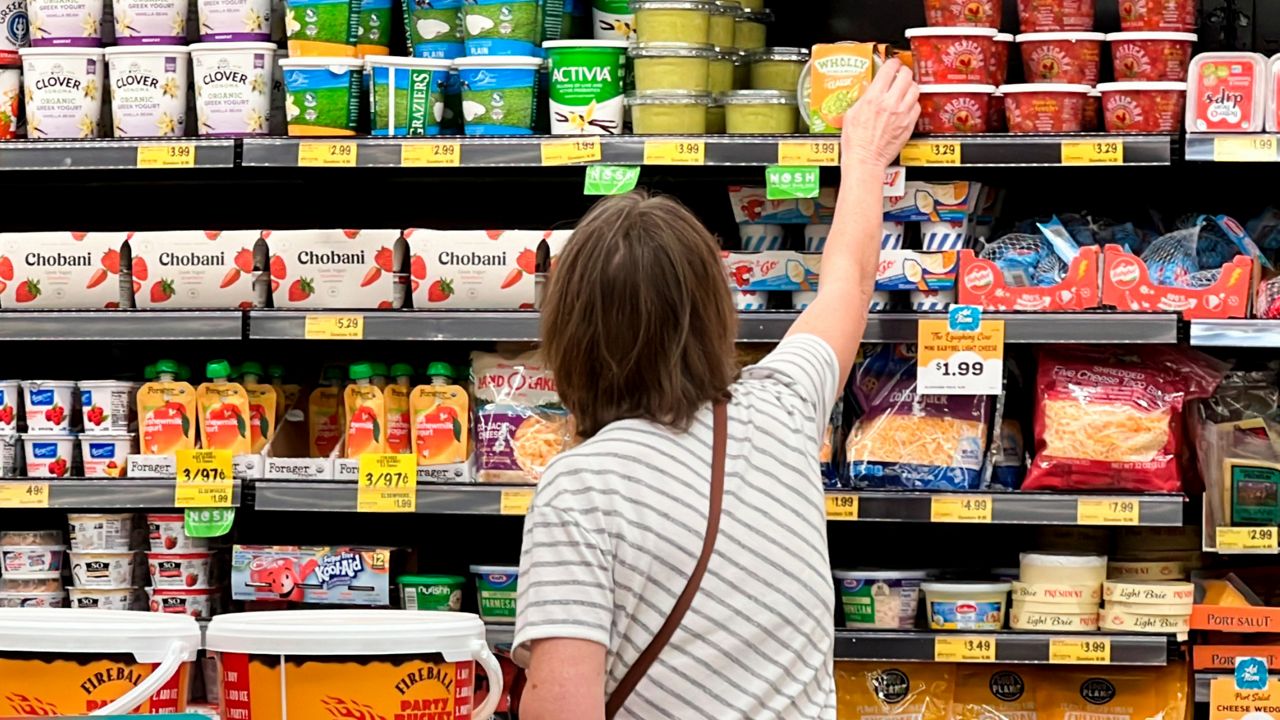WISCONSIN — February will be the last month for households to use their extra benefits from the Wisconsin FoodShare Program before they are no longer available.
Congress passed the Consolidated Appropriations Act in late December, which puts an end to the extra benefits. The regular FoodShare benefits will continue.
The Wisconsin Department of Health Services said an average of approximately $80 million has been distributed every month to nearly 400,000 Wisconsin households.
“The Supplemental Nutrition Assistance Program that funds FoodShare is a crucial federal support to individuals and families, particularly in times like these when higher food prices are straining everyone’s budgets, but especially those of our most vulnerable,” said Department of Health Services Deputy Secretary Deb Standridge in a press release. “These additional funds provided to eligible Wisconsinites because of COVID-19 have made a real difference. With Congress deciding to end these federal funds, community support for local resources like food pantries and food banks will be more important than ever.”
Wisconsin DHS said FoodShare members will either receive a letter or an email informing them of the change. Members can also check their monthly FoodShare benefits through Wisconsin’s ACCESS website by using the MyACCESS smartphone app.
“We expect the end of these extra benefits will impact not only individuals and families, but also retailers and farmers who accept benefits,” said Stephanie Jung Dorfman, executive director of Feeding Wisconsin, a statewide association of six Feeding America food banks that serve the state’s 72 counties. “During tough times, such as the pandemic and high inflation, FoodShare has been key to mitigating food insecurity."
FoodShare benefits are based on household size, income and expenses, according to the Wisconsin DHS.
Those who are in need of additional nutritional support can also do the following:
- Find a local food pantry by calling 211 or 877-947-2211
- Check eligibility for the Emergency Food Assistance Program (TEFAP), which is a federal program for those with low incomes
- Check eligibility for the WIC (Women, Infants, and Children) Program, which is a state program that assists with food benefits, nutrition education and breastfeeding support



